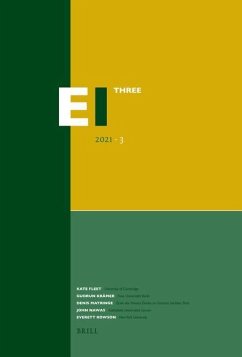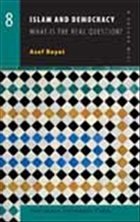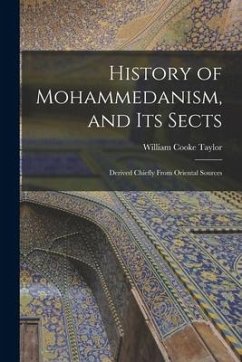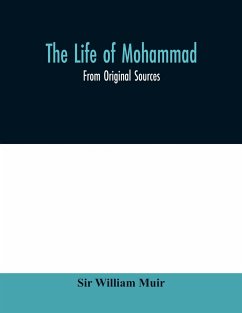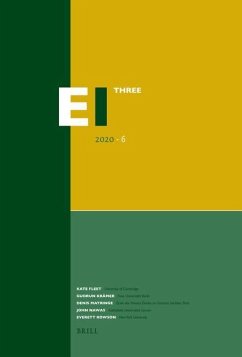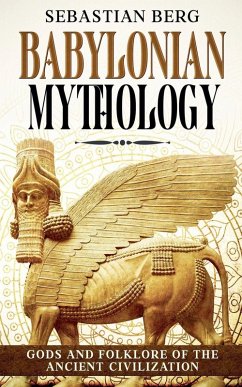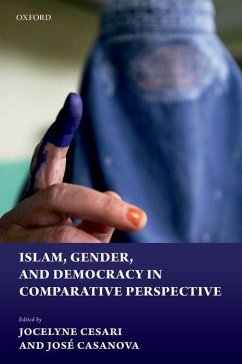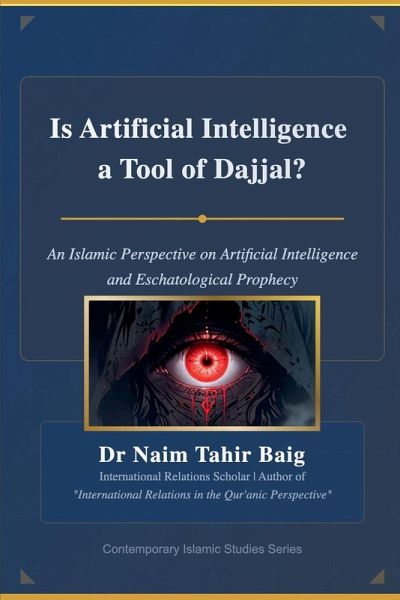
Is Artificial Intelligence a Tool of Dajjal?

PAYBACK Punkte
26 °P sammeln!
BOOK DESCRIPTION In an era where artificial intelligence has transcended science fiction to become our daily reality-from ChatGPT's widespread adoption to Neuralink's first human brain implants in 2024-Muslims worldwide grapple with profound theological questions about technology's role in our spiritual lives. "Is Artificial Intelligence a Tool of Dajjal?" presents the first comprehensive Islamic eschatological analysis of AI, bridging fourteen centuries of prophetic wisdom with cutting-edge technological developments. Dr. Naim Tahir Baig, a distinguished scholar in Islamic Studies and Technol...
BOOK DESCRIPTION In an era where artificial intelligence has transcended science fiction to become our daily reality-from ChatGPT's widespread adoption to Neuralink's first human brain implants in 2024-Muslims worldwide grapple with profound theological questions about technology's role in our spiritual lives. "Is Artificial Intelligence a Tool of Dajjal?" presents the first comprehensive Islamic eschatological analysis of AI, bridging fourteen centuries of prophetic wisdom with cutting-edge technological developments. Dr. Naim Tahir Baig, a distinguished scholar in Islamic Studies and Technology Ethics, meticulously examines the striking parallels between AI capabilities and the deceptions attributed to Ad-Dajjal (the Antichrist) in authentic Islamic sources. Drawing from verified Sahih hadiths and current technological developments, this groundbreaking work explores how artificial intelligence-through deepfakes, neural interfaces, and algorithmic manipulation-mirrors the prophetic warnings about the greatest trial (fitnah) before the Day of Judgment. The book systematically analyzes Qur'anic verses and authentic hadiths alongside contemporary AI developments, including GPT-5's advanced reasoning capabilities, Meta's $14.8 billion AI infrastructure investment, and the emergence of AI-powered surveillance systems. From the one-eyed symbolism of Dajjal to AI's "single-perspective" biases, from false miracles to digital resurrections through holograms, Dr. Baig presents a compelling case for understanding AI not as the Dajjal himself, but as a potentially powerful tool in the prophesied deception. This scholarly work addresses urgent contemporary concerns raised by Islamic ethics researchers who advocate for pluralist approaches to AI development and responds to growing observations among Muslims that AI's capacity to blur truth and falsehood parallels prophetic descriptions of end-times deception. The author provides practical guidance for Muslims navigating the AI revolution while maintaining spiritual vigilance, offering both cautionary analysis and hope for technology that serves humanity under divine guidance. Featuring over 50 verified sources, complete Arabic texts with English translations, and contemporary fatwas from leading Islamic institutions, this essential work equips readers with the knowledge needed to discern between beneficial technological advancement and potential spiritual peril in our rapidly digitalizing world.





